Reflections from the World Economic Forum
World leaders flock to Davos every year for the World Economic Forum Annual Meeting, where government and top private sector representatives discuss the world's most pressing issues. We had the opportunity to participate in the ‘Empowerment through Employment’ event co-hosted by the International Organization for Migration (IOM) and the United Nations High Commissioner for Refugees (UNHCR).
It was inspiring to see a panel of such influential and passionate speakers at our session, which explored new and existing ways of improving the lives of migrants and displaced individuals through labor mobility pathways.
As our own Daniele Albanese (Head of EU Programs at TBB) pointed out to me, it is not only refugees and other displaced populations who are empowered through work. Their employers and their communities also find more of their potential through safe employment-based pathways. This is an idea that I could repeat at the event’s closing remarks, and I think it encapsulates the spirit of our World Economic Forum event.
Each panel participant had a unique area of expertise and contributed from a different perspective. Highlighting the inclusion of a refugee voice with lived experience and the range of political and humanitarian backgrounds to the private sector and the UN system made this panel a multi-faceted and rounded presentation.
A few themes and takeaways:
Moderator Mark Malloch Brown was a great choice. Given the nature of his career, from humanitarian agencies to politics to UN Deputy Secretary-General to president of Open Society Foundations, he brings knowledge and influence across the pillars we need to grow pathways. He described our work as one of the critical issues of our time and expressed the view that WEF structures should be brought to bear.
A strong refugee voice, Islam Iqbal from Canada, passionately articulated the indignity of bans on work, the mental and physical stress of unused energy and skill, and the lose-lose proposition of poor credential-recognition practices. Refugees need to be always integrated into immigration policy work.
DG Amy Pope of IOM emphasized the need not to neglect south-south solutions, to include local populations in developing employment opportunities, and to identify champions, specifically business leaders and mayors. She and her officials continue to show strong leadership during the session and afterward and a desire to work together on ambitious growth.
Speaking of champions, could there be a more inspiring example than FEMSA and its CEO, Francisco Camacho Beltran. He told us candidly that his firm had been ignorant of the value of hiring refugees in the past and had to learn. But through cooperation with UNHCR in Mexico, they have hired 3,000, with an astonishing target of 27,000 by 2027. (A number roughly equivalent to the annual resettlement target of all EU states combined.) We need to engage with more employers, such as FEMSA, who see the clear benefits of incorporating displaced talent into their HR practices in countries such as Mexico and beyond.
UNHCR Deputy High Commissioner Kelly Clements emphasized her support for pathways via employment and cooperation with IOM and the private sector. She also stressed the need to convert improved policy frameworks in the EU and countries of first asylum, such as Uganda and Kenya. The legal right to work needs to be enhanced by actual access to opportunities.
I was struck again by the persistence of LinkedIn's support. They brought their dynamic Chief Economist, Karin Kimbrough. Karin called out their cooperation with TBB and stressed the importance of one of their initiatives: to emphasize skills, not job titles, when assessing candidates and their desire to improve outcomes globally in all occupations, not just moving white-collar professionals between gigs.
Unfortunately, the audience was not as large as hoped (lesson learned for Davos: plan well ahead and avoid an 8:15 time slot; Davos during the WEF is not an early morning town). The work to broaden our reach into the corporate sector both as employers but also as advocates and consortium builders remains at an early stage. But it did advance.
Having these leading influencers of the panel influencing each other can have considerable value in maintaining our post-Global Refugee Forum momentum. Converting that influence into program growth and infrastructure building is on our post-Davos to-do list. We have strong allies.


